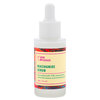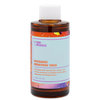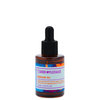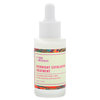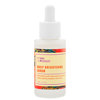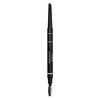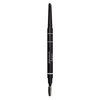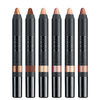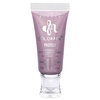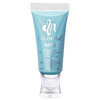What's in Your Eye Cream?
Published Oct 2, 2011

Isn't it nice to know what's going on your face? Or even more, around your eyes? Beauties, have you ever wondered what's inside your eye cream, or what makes one so different from another? We like to go behind the scenes and find out what really goes on inside the labs, or inside a jar, so we spoke with New York City-based dermatologist Cheryl Karcher, M.D., about why you’ll find the same ingredients in different eye creams and why they’re there.
"Five main ingredients go into eye creams, and each is essential in reducing fine lines, wrinkles, and signs of aging,” says Dr. Karcher. “All of them are found in eye creams, but what makes each formula different is the extra ingredients that cosmetics companies add to make their creams extra special, such as green tea, gold extract, and so on. It depends on your skin type, age, lifestyle, and individual needs as to which eye cream you should choose."
Hyaluronic Acid: This ingredient holds 1,000 times its weight in water, so it's essential for hydrating and moisturizing the skin. It also temporarily reduces the appearance of fine lines.
Ceramides: This ingredient acts like lipids (which your skin is made of) and helps to protect your skin from sun damage, pollution, and other damaging environmental factors.
Retinol: This ingredient is one of the most popular and well known in eye creams, and is a form of vitamin A. It increases cell turnover, which in turn creates more collagen and elastin in your skin, which makes it look younger.
Matrixyl: This ingredient is a type of peptide that temporarily decreases muscle movement and reduces the appearance of fine lines. Each eye cream can have a different type of peptide, but not all contain the ingredient. Matrixyl works like a topical Botox (meaning you get the effect of Botox without any injections).
Vitamins: Most basic eye creams contain vitamins C and E (also known as tocopherol, vitamin E is most commonly found), which are vital in helping the skin protect and repair itself.
“You need to remember two rules about eye cream,” says Dr. Karcher. “During the day you have to protect and hydrate your skin, so a cream with hyaluronic acid and ceramides is best. At night you need to help your skin repair itself, so use a cream with a lot of retinol, which is going to increase cell turnover while you sleep."
You Might Also Like
-

Red Lips
Inside The Lipstick Queen's Makeup Bag
- 37
-
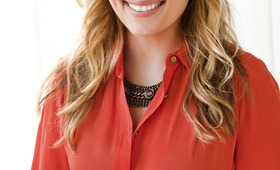
Fashion
Beauty Secrets From "Who What Wear"
- 28
-
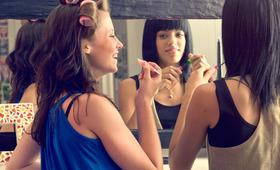
Eyes
Day to Night Makeup Transformations
- 207
-

Hair
Can You Pull Off Rock Star Hair?
- 35
-
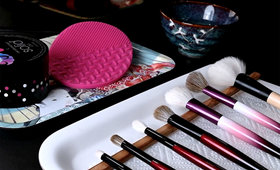
Makeup Brushes
The Definitive Guide on How To Clean Your Brushes
- 6
-
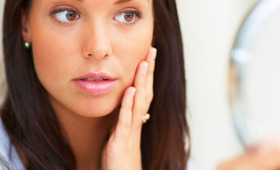
Expert Skin Care Advice
4 Ingredients That Can Make You Break Out!
- 159
-

Interviews
Spotlight On: Disney Prom's Yin Chang
- 14
-
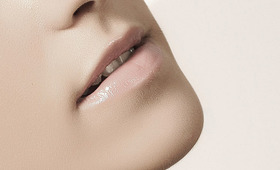
Expert Advice
Which Nude Is Right for You?
- 432



